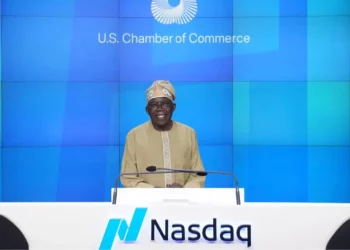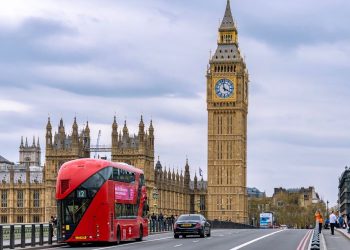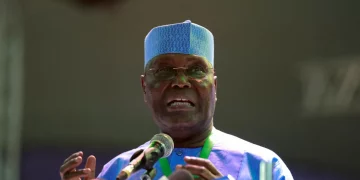Until recently, Nigeria was adjudged as one of the leading and fastest growing economies in sub-Saharan Africa. Irrespective of a few economic challenges which is not peculiar to Nigeria, but faced globally, Nigeria is still an attractive and safe location for the investor community, both local and foreign. The country boasts a multi-cultural society, with very active population.
With a population of arguably over 200 million people, Nigeria is currently and officially the most populous country on the African continent. According to the United Nations Nigeria is estimated to surpass the United States with the world 3rd largest population by 2050. More than half of this population currently is found in the youth and active populace. It must also be added that currently, Nigeria has the largest economy in the whole of African continent and this is unquestionably expected to grow even bigger.
Nigeria re-achieved democracy in 1999 after a sixteen year interruption by a series of military rulers. From 1966 until 1999, Nigeria had been ruled (except the short lived second republic, 1979 1983) by military rulers who seized power in coup and counter coups. Today Nigeria is a democratic country and offers stable political environment, with tremendous market and investment opportunities.
Nigeria has, over the years, emerged as a competitive destination for foreign investment. Strategically situated, Nigeria Lies within three climatic and geographic types equatorial in the southern reaches, tropical in the central area and arid in the north fringe giving rise to rain forest, Savannah and desert vegetation respectively. Nigeria is bisected by rivers Niger and Benue which merge at Lokoja, then cascade southwards to form the tributaries and creeks of the Niger Delta. The country offers a successful business base for both regional and international trade.
From a mono economy based on oil, Nigeria is remarkably undergoing tremendous economic transformation into a diversified economy resting on export-oriented manufacturing, agriculture, financial and business services and the ICT sector, as well as solid mineral resources. Nigeria is now embarked on an ambitious program to make the country become a sophisticated agricultural hub.
Over the years Nigeria has transformed into a free market economy, opening up for foreign investors with liberal policies. The Government is creating favorable climate for business and industrial ventures. Administrative and bureaucratic procedures are being greatly streamlined. The Government has put in place policies and programs that guarantee a free market economy and a lot of economic freedom for foreign investors.
Foreign investors, from major capitals of the world, can use Nigeria as a platform since the country has preferential access to markets worth several hundreds of millions of consumers, through its membership and leadership in the Economic Community of West African States (ECOWAS).
Investments in Nigeria are mainly in the following fields – Agriculture, Communications, Financial services, Manufacturing, Real Estate, Transport, Mining, Oil and gas, Power, Solid minerals, Tourism, Textile and apparels, as well as Pharmaceuticals.
With a strong commercial focus, our lawyers act as a central resource for local and international clients. The corporate & commercial, banking & financial laws as well as general legal due diligence in Nigeria requires specialist expertise.
Our team of Nigerian based lawyers offers advice to investors and claims expertise in investment laws. We maintain close contact with different Ministries, Public Authorities and regulatory agencies to help our clients in a proactive manner.
For more inquiries about the issues raised in this Intel episode or to contact the writer, please leave a comment below.
[contact-form][contact-field label=”Name” type=”name” required=”true” /][contact-field label=”Email” type=”email” required=”true” /][contact-field label=”Website” type=”url” /][contact-field label=”Message” type=”textarea” /][/contact-form]












